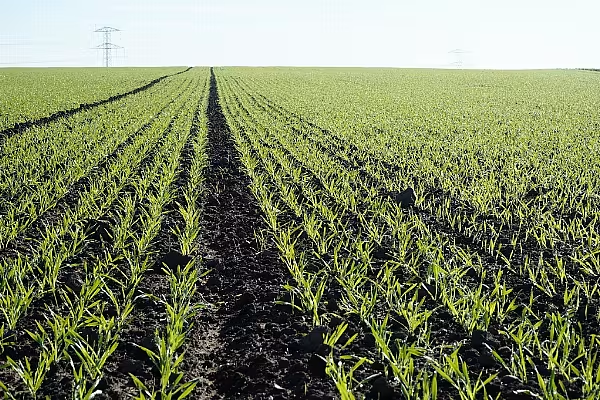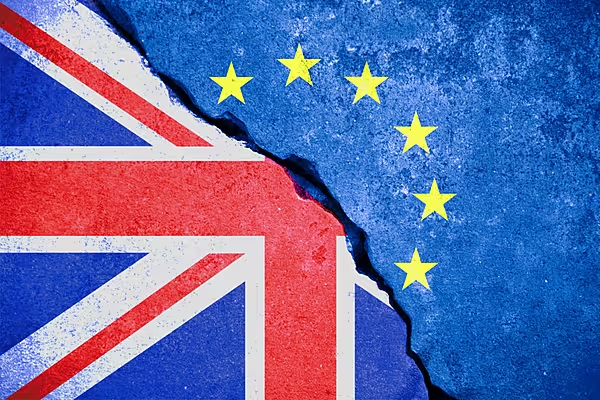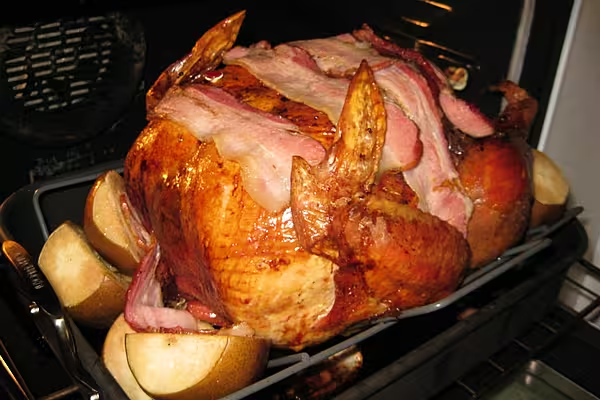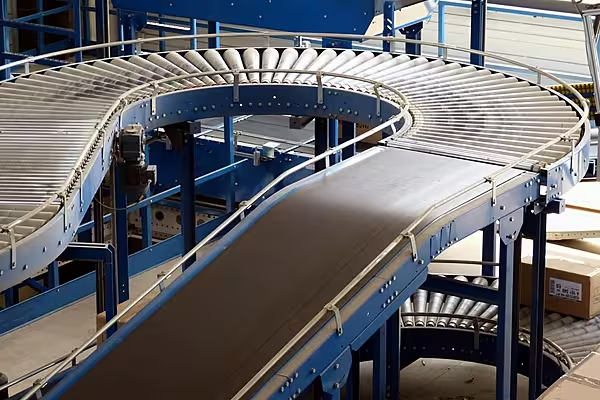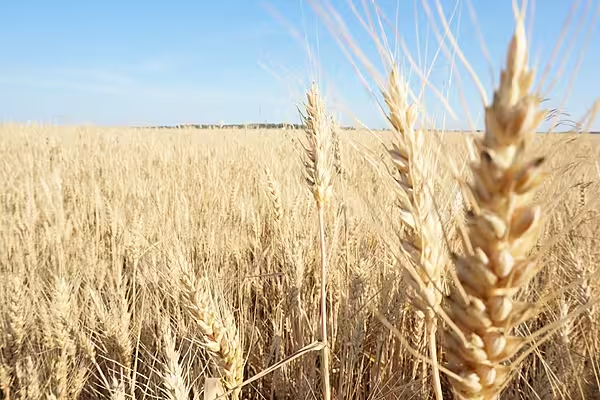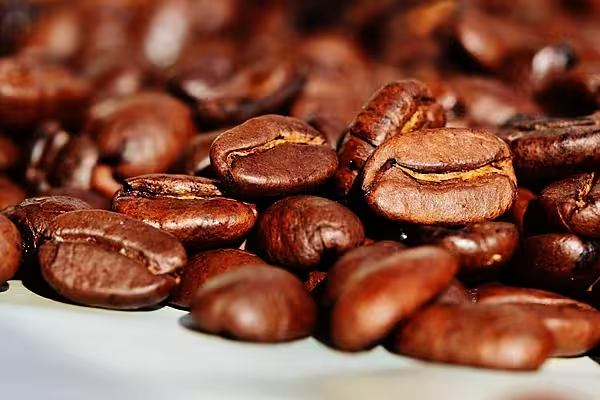Swiss voters want to make sure they don’t run out of food ever again.
They’re going to the polls on Sunday to decide on a constitutional amendment to guarantee food supply. Launched by the Swiss farmer’s association, the initiative has since been replaced with a government proposal that includes safeguarding agricultural land and enshrining resource-efficient food production and sustainable trade relations in law.
What looks like a done deal at the ballot - public support stands at 69% - will most likely turn into a heated debate in parliament, which will pit farmer against environmentalists.
The main aim is to secure the country’s ability to feed its 8.4 million inhabitants. In terms of calories from animal products, Switzerland has already reached self-sufficiency albeit only at first glance: Factoring out imported fodder, the country can only provide three quarters of the calories derived from animal products. With plant-based foodstuff, the number constantly hovers below 50%.
While the total amount of government subsidies allocated to agriculture and food production has been relatively stable over the last few years, how that support is paid out to farmers has changed. Policies to boost production and sales of agricultural products were the main pillar of government spending in the early 1990s, whereas today almost all money is paid directly to farmers.
Agricultural Land
More than a third of Switzerland is farmland, but most European nations have more space available. Take neighbouring Germany and France, where more than half of the total area is agricultural land. Because of the prevalence of mountains and lakes in Switzerland, a quarter of the country is unsuitable for settlements and farming.
The number of people working in agriculture is steadily declining, and only 3% of the working population is involved in farming. That hasn’t stopped the industry’s political ambition: 10% of the 200 members of Swiss parliament’s lower house are farmers or closely affiliated with the sector. It includes people like Jacques Bourgeois, the head of the Swiss farmers association, who is spearheading the constitutional amendment.
It’s not the first time the Swiss worry about self-sufficiency. During World War II, neutral Switzerland acquired three ocean-going ships to secure food supplies for the landlocked country.
News by Bloomberg, edited by ESM. Click subscribe to sign up to ESM: The European Supermarket Magazine.
